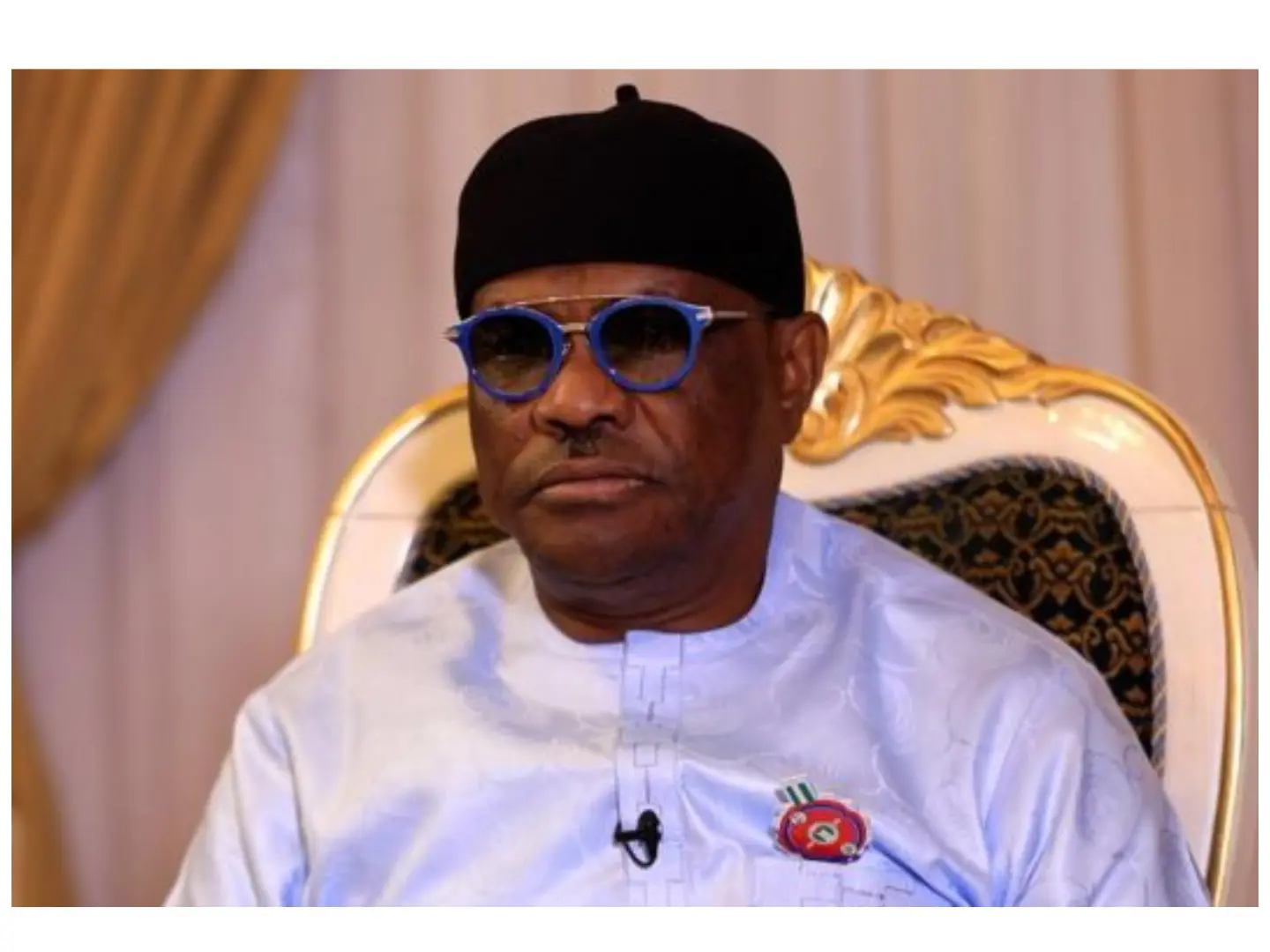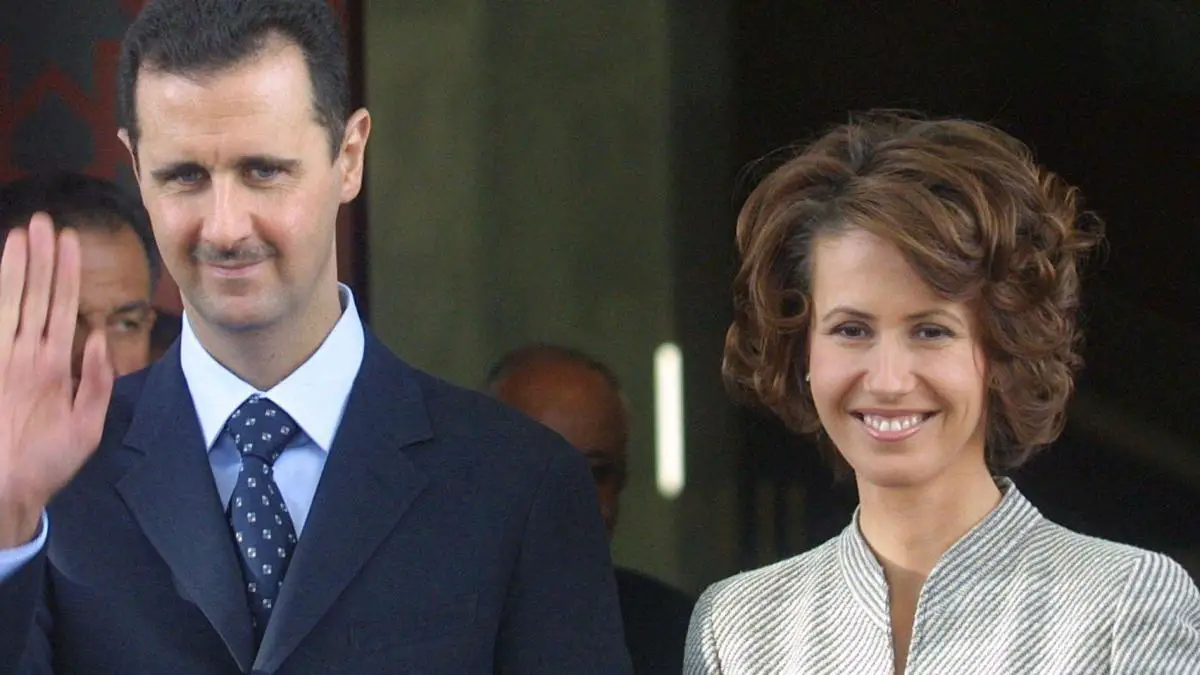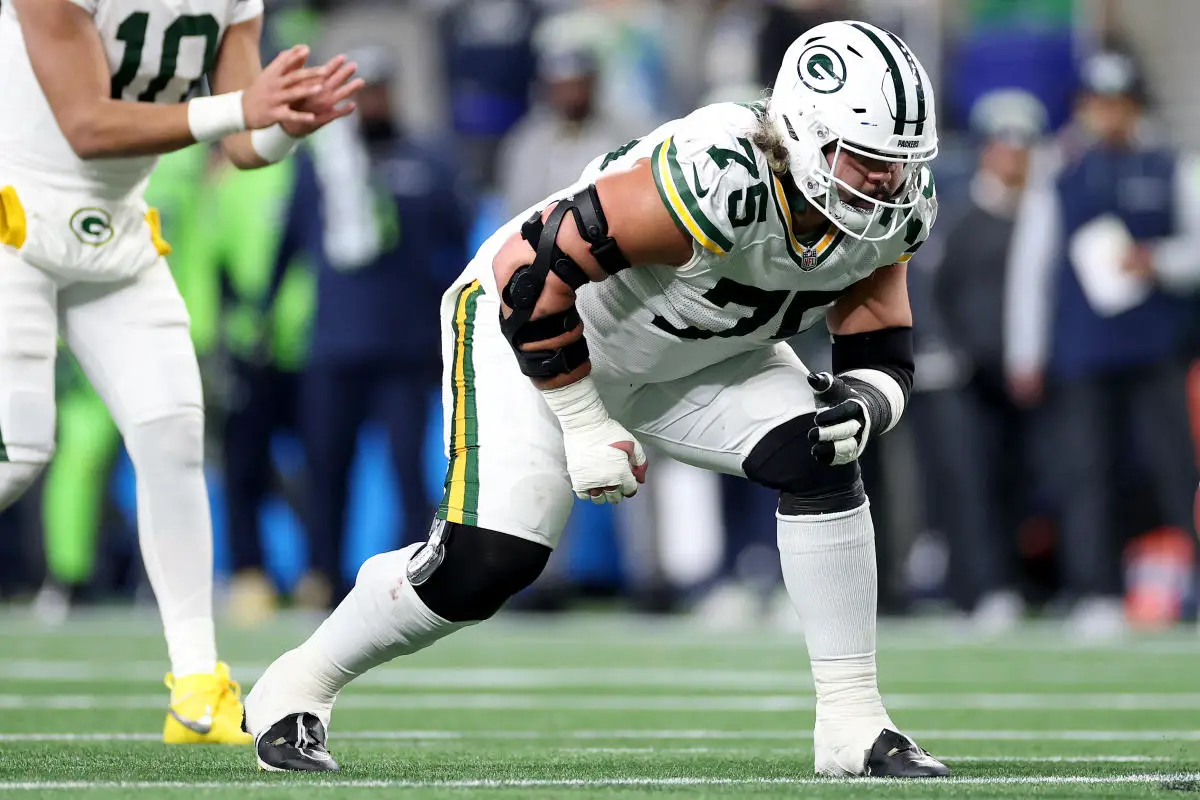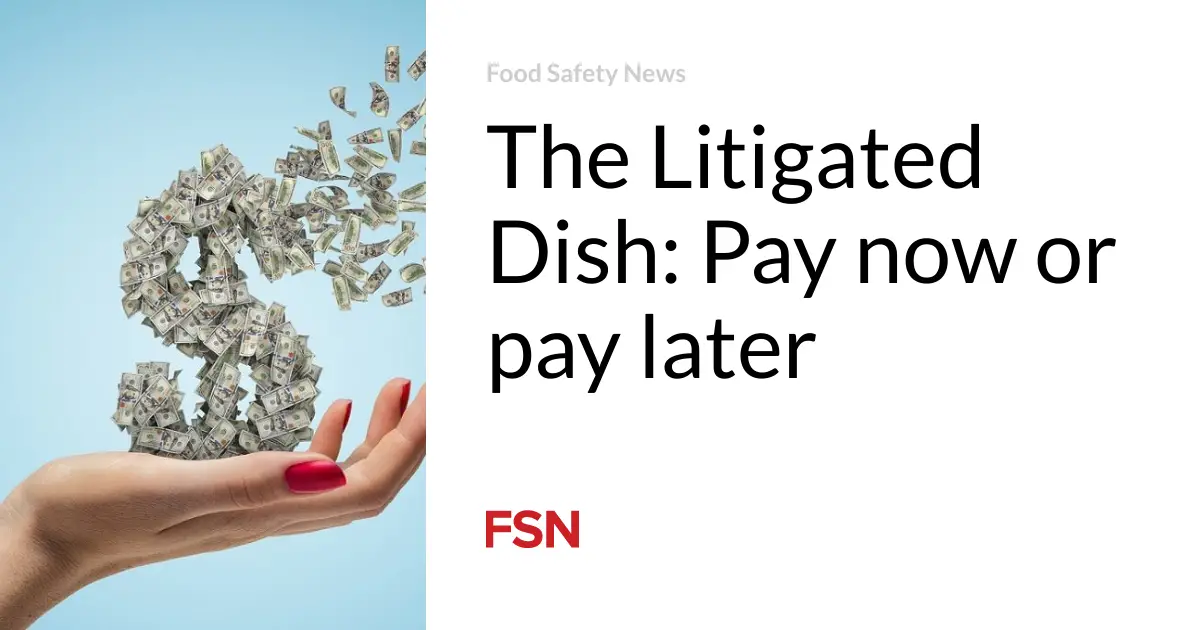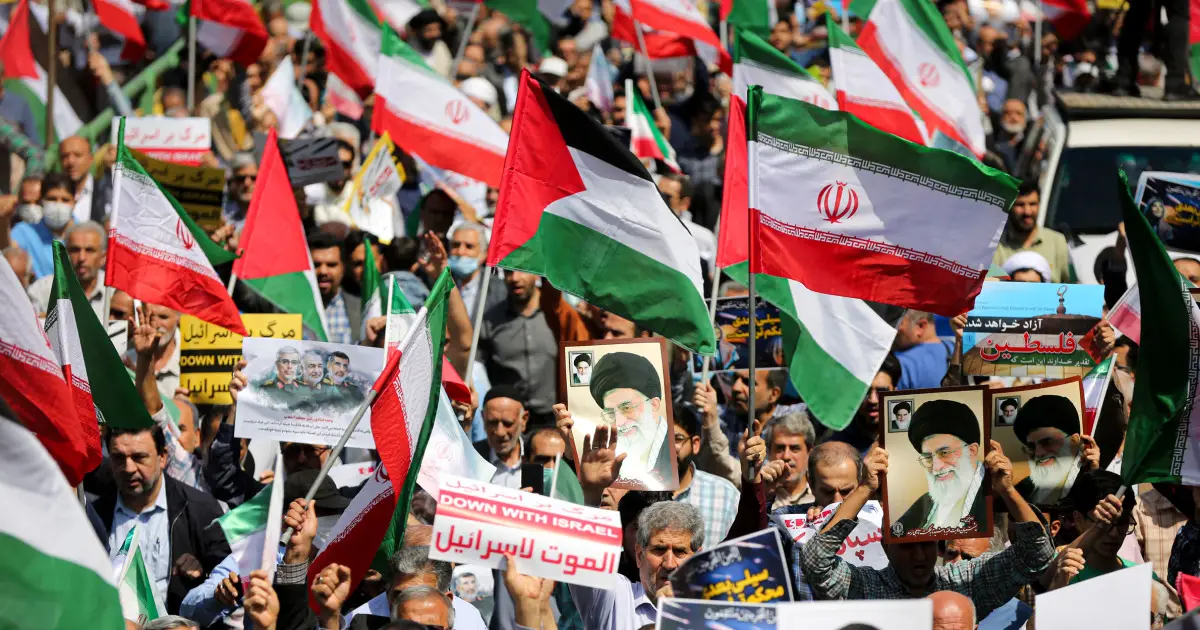
Tensions between Israel and Iran have reached an unprecedented high in recent days. Last Saturday, Iran launched a barrage of missiles and drones on Israel in response to an Israeli airstrike earlier this month that killed several Iranian military officers.
Israel responded Friday with a targeted operation in Iran that was limited in scope, a source familiar with the matter said.
As a conflict that could further destabilize the Middle East unfolds, here’s what to know.
Follow live updates after Israel’s strike on Iran
What did Israel’s recent attack on Iran look like?
Iran is currently assessing the damage from Friday’s attack, a source familiar with the situation told NBC News, but a nuclear facility in the central Iranian city of Isfahan is safe.
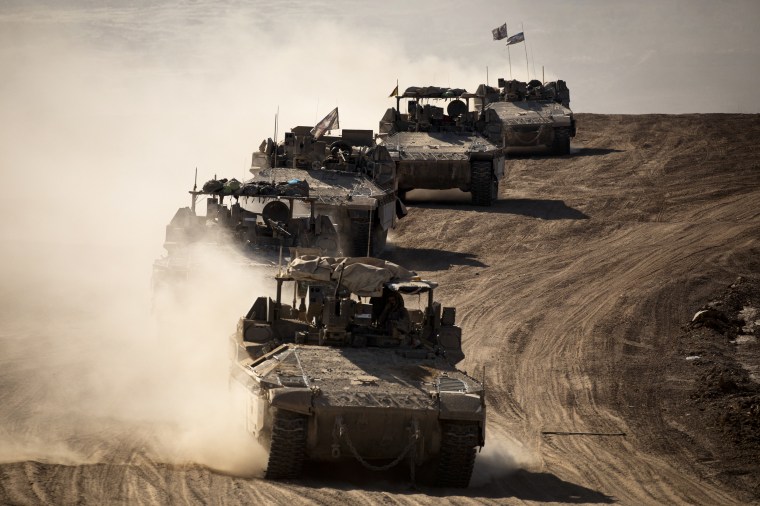
The United States has claimed it was not involved with the Israeli attack on Iran, and U.S. officials publicly encouraged restraint in the days leading up to it.
On Friday at a news conference during a G7 meeting in Italy, Secretary of State Antony Blinken said the U.S. was “intensely focused” on de-escalating the situation.
Why did Iran attack Israel on April 13?
Iran’s attack on Israel was in response to a deadly Israeli airstrike on April 1 at the Iranian consulate in Damascus, Syria. Brig. Gen. Mohammad Reza Zahedi, a senior commander in the Islamic Revolutionary Guard’s Quds Force, was among several officers killed in the strike.
Iran’s retaliatory attack on Israel left minimal destruction because the vast majority of the more than 300 drones and missiles it fired were shot down by Israeli, U.S. and European forces before reaching Israeli territory.
Israel vowed to retaliate for the Iranian strikes, the first-ever direct military attack by Tehran on the Jewish state.
What are Iran and Israel’s nuclear capabilities?
Iran’s nuclear capabilities are still unknown. The 2015 Iran nuclear deal brokered by the Obama administration and several other nations limited the country’s nuclear capabilities, but the Trump administration withdrew from the accord.
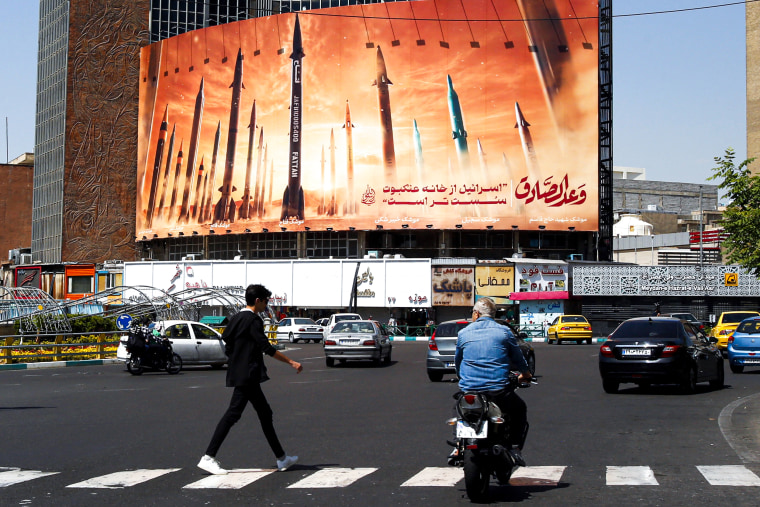
Israel has not confirmed whether it has nuclear weapons, but it’s widely believed the country has the technology to produce such equipment.
Who are the leaders of the two countries?
Ayatollah Ali Khamenei has been the supreme leader of Iran since 1989. Ali Khamenei was also the country’s third president from 1981 to 1989. Ebrahim Raisi is Iran’s current president. In Iran, the supreme leader, not the president, is the head of state.
Prime Minister Benjamin Netanyahu has served three separate tenures as prime minister since 1996. He has drawn fierce criticism in recent months for his failure to stop the Oct. 7 Hamas terrorist attack on Israel, which killed some 1,200 people. He has also been criticized for his handling of the war against Hamas in Gaza, which has killed more than 33,000 people, according to Palestinian health officials.
Who are their allies?
Iran’s allies include proxy groups in the region such as Hezbollah, Hamas and the Houthis. The country also has broader support from Syria and ties to other countries in the Middle East and beyond.Israel, also, has alliances with some countries in the Middle East, including Saudi Arabia, Jordan and the United Arab Emirates. Israel is a “major non-NATO ally,” which means member countries are not committed to standing by it if it is attacked, though Israel does have military ties to countries within NATO, like the U.S., and beyond.
The U.S., Britain and Jordan claim to have helped defend Israel itself during the April 13 attacks.

